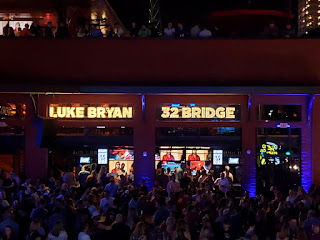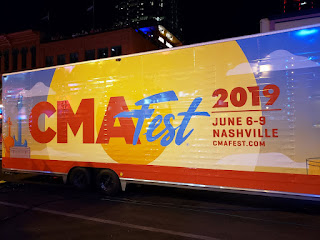Sorting out split copyrights and royalty payments

The year is 2019, and the writer of "Lady Marmalade" has filed suit in the month of April in the federal Central District of California: Copyright infringement, breach of contract, accounting, and declaratory relief. The publishing agreement and other documents included as exhibits are from 1973 and 1974. And the sum of damages being requested is astronomical - as in $20 million. But at issue are simple principles of copyright law, whether you consider the 1909 law that governed us when Kenny Nolan first signed off on agreements regarding his catalog or whether you consider the 1978 law that is in effect today. When you split a copyright, the two parties who split must account to one another for the royalties received and must be accountable to each other regarding any transfer in shared interest of copyright. It seems somewhat far-fetched to imagine that a writer and publisher would believe for a moment that they could enter in to a split publishing agreement, divid



